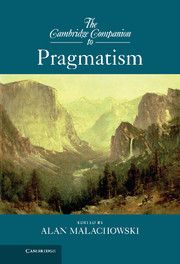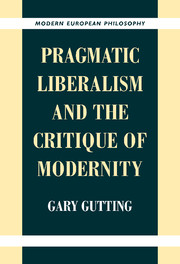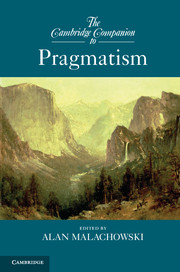Adorno's Positive Dialectic
This book offers an interpretation of the work of Theodor Adorno. In contrast to the conventional view that Adorno's is in essence a critical philosophy, Yvonne Sherratt traces systematically a utopian thesis that pervades all the major aspects of Adorno's thought. She places Adorno's work in the context of German Idealist and later Marxist and Freudian traditions, and then analyses his key works to show how the aesthetic, epistemological, psychological, historical and sociological thought interconnect to form a utopian image. The book will be eagerly sought out by students and specialists in philosophy, social and political theory, intellectual history, literary theory and cultural studies.
- Adorno appeals to a broad, interdisciplinary market
- Controversial thesis arguing that Adorno's philosophy is utopian in its thrust
Reviews & endorsements
"It is a book which ought to be read not only by scholars and students of critical theory but also of those interested in Adorno who, despite themselves, yearn to describe the glass as being half full." Philosophy in Review
Product details
August 2007Paperback
9780521038881
272 pages
228 × 151 × 15 mm
0.411kg
Available
Table of Contents
- Preface
- Abbreviations
- General introduction
- Prelude to Adorno's Intellectual Tradition: Prelude I: Adorno's intellectual tradition: German philosophy
- Prelude II: Adorno's intellectual tradition: Sigmund Freud
- Part I. Negative Thesis: The Decline of Enlightenment:
- 1. The decline of subjectivity: the instincts
- 2. The decline of subjectivity: narcissism
- 3. The decline of knowledge acquisition
- 4. Knowledge acquisition: a negative solution
- Part II. Positive Thesis: The Redemption of Enlightenment:
- 5. The aesthetic: aura
- 6. Knowledge acquisition: an aesthetic form
- 7. A positive dialectic of knowledge acquisition
- 8. A positive dialectic of subjectivity: the instincts
- 9. A positive dialectic of subjectivity: the structure of the self
- Concluding comments
- Bibliography
- Index.







